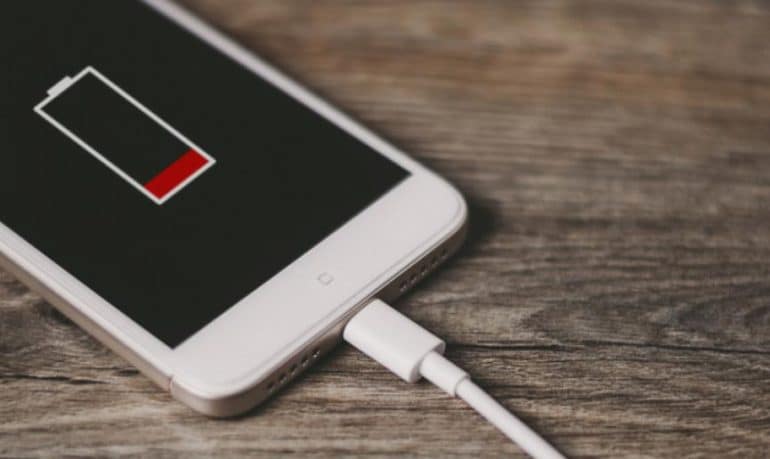The technology and mobile phone industry strives to constantly develop new technologies that increase the autonomy levels of the devices but at the same time the continuous increase in the capabilities of mobile phones and the services they provide makes the effort to increase autonomy difficult. The ever-increasing use time of mobile phones combined with increasingly power-hungry programs and applications on mobile phones drains their batteries quickly and their owners need to constantly charge them.
A solution to the problem is promised by a microchip manufactured by Cambridge University scientists which, as they say, will take the stress of charging their devices out of the daily life of mobile phone owners since they will need to do so only twelve times in a year.
The chip is signed by Vaire, a start-up company that is the commercial arm of the University of Cambridge, a tactic many universities and academic institutes follow to commercialize the technologies and inventions born in their labs. The chip is made by a team of Cambridge University mathematicians.
Although information about this chip is scarce what is known is that it is based on a silicon chip processor design that requires almost zero power to operate which, among other things, means that it eliminates the need for advanced and powerful batteries in a mobile phone, which, among other things, can lead to their redesign and the integration of new components and technologies, increasing their capabilities to new, unpredictable levels.
Naftemporiki.gr
